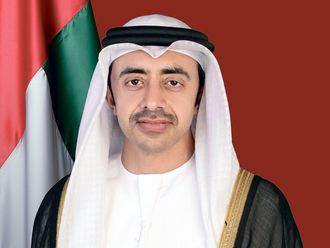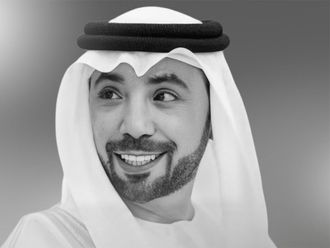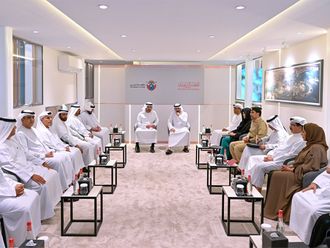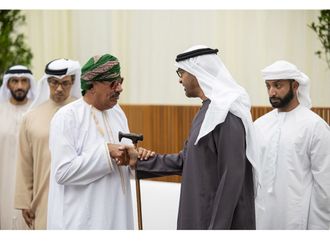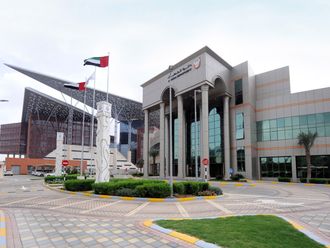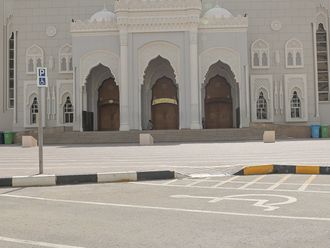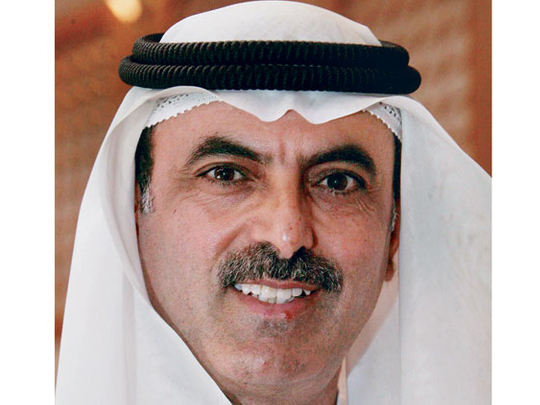
Abu Dhabi: Speakers of parliaments of the Islamic countries met in the capital yesterday as the Muslim world grapples with political turmoil and sectarian tension, and explores how to address these issues.
Parliamentary leaders are expected to defend the rights of Christian minorities in the Muslim world, in the backdrop of a recent attack on a church in Alexandria, Egypt that claimed the lives of 21 Copts and injured scores more.
Abdul Aziz Al Ghurair, the Speaker of the Federal National Council (FNC) said Muslim countries are against terrorism and sectarianism in disputes between citizens.
Muslim leaders from 51 countries gathered for the Organisation of the Islamic Conference (OIC) in Abu Dhabi, along with observers from the Arab League and International Parliamentary Union as Tunisia toppled President Zine Al Abidine Bin Ali after a popular uprising and deadly riots.
At the end of their four-day meetings, the speakers of parliament are expected to approve the establishment of an Islamic court to arbitrate between Muslim nations. The UAE's proposal to settle disputes among Islamic countries by way of parliamentary diplomacy was adopted in October by members of the executive committee of the OIC's parliamentary union.
The Abu Dhabi Declaration said that the OIC's parliamentary union must cooperate with the committee of governmental experts responsible for presenting proposals to achieve peaceful solutions of all conflicts in the Islamic world.
Pre-emptive diplomacy
Additional responsibilities included promoting cooperation in the context of pre-emptive diplomacy, and parliamentary good offices. There are nearly 240 disputes between Islamic nations on record.
One issue is the UAE's long-standing dispute with Iran, which occupied three UAE islands — Abu Mousa and the Greater and Lesser Tunbs in 1971. The UAE has called for direct negotiations, international arbitration or international courts to settle the dispute, but Iran has always resisted discussing the issue in international forums.
The proposal that parliamentary diplomacy could provide an alternative avenue for settling disputes among the Muslim states in the OIC, was initially rejected by Iran.
The speakers are also expected to identify ways to press for Muslim opposition to measures that lead to greater Israeli influence in occupied East Jerusalem, which Palestinians demand as their future capital.
Al Ghurair said parliamentary diplomacy could play a role in promoting Palestinian interests by making the position of Muslims around the world known to an international audience including the Palestinian Authority's efforts to seek international recognition without negotiating with Israel.
Israel's failure to extend a freeze on construction of colonies in the West Bank and occupied East Jerusalem led to the collapse of direct negotiations last year.
Muslim parliaments will also present a unified front on Sudan. The Speaker of the UAE's legislature said the intention was to promote peace, regardless of whether the south secedes.


